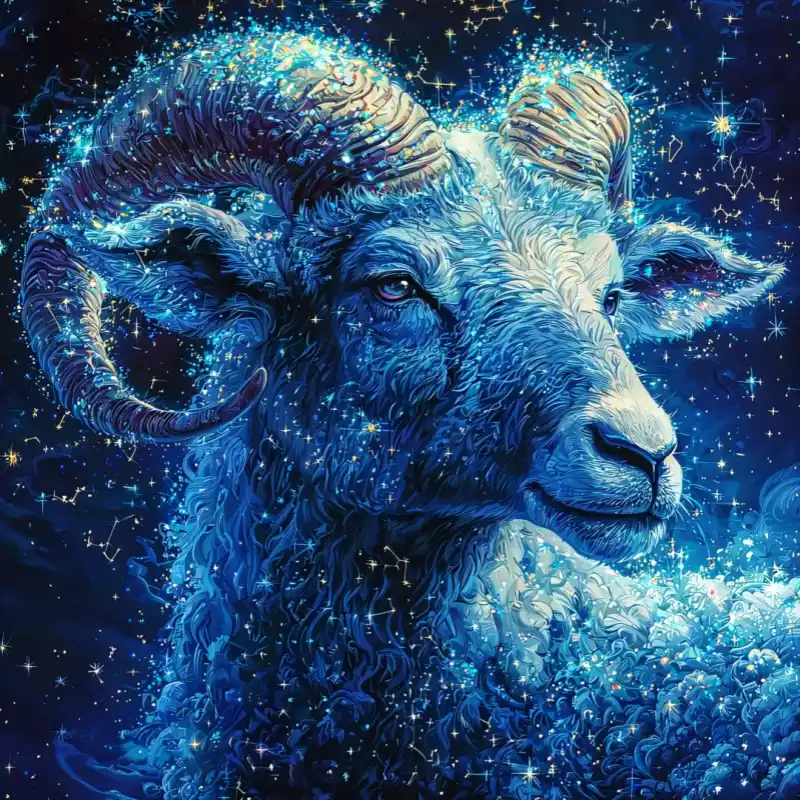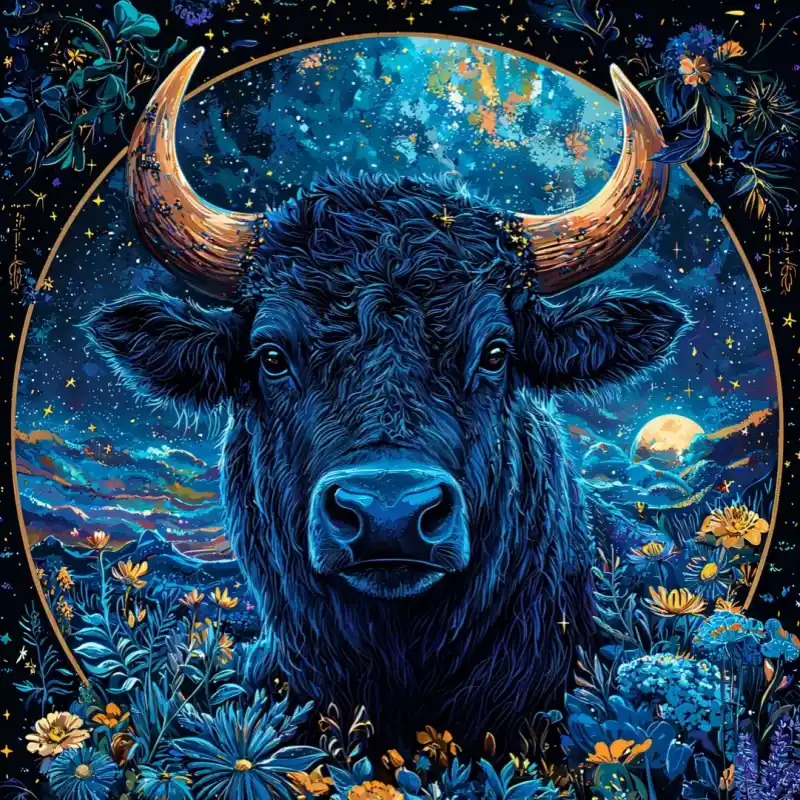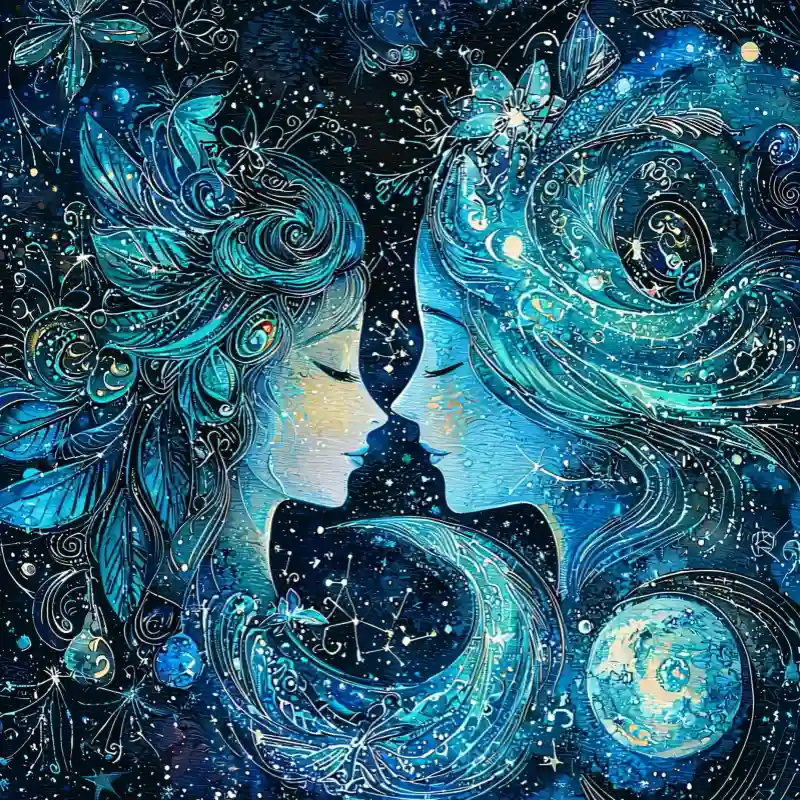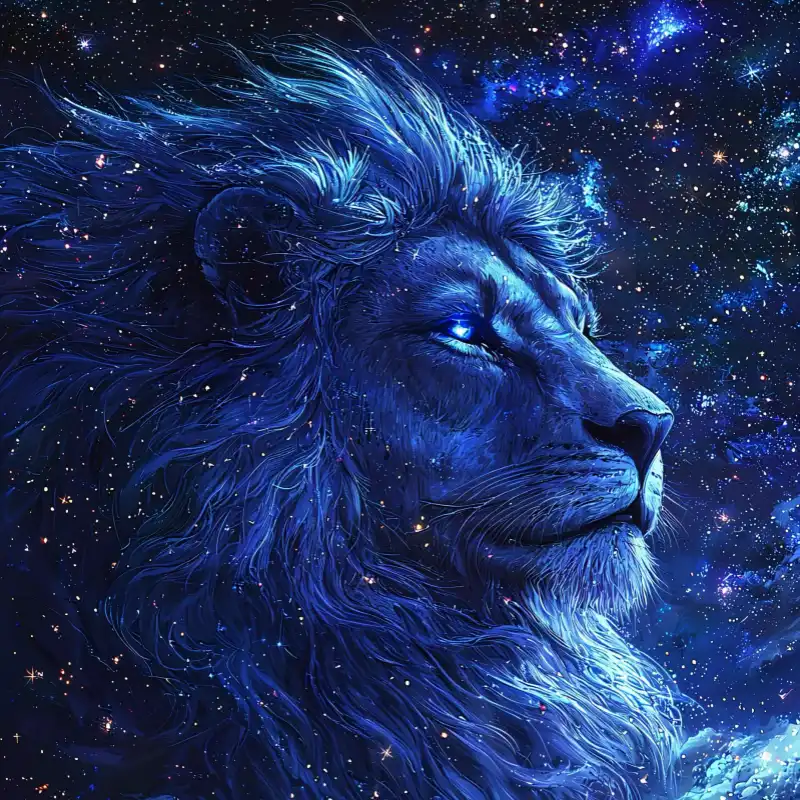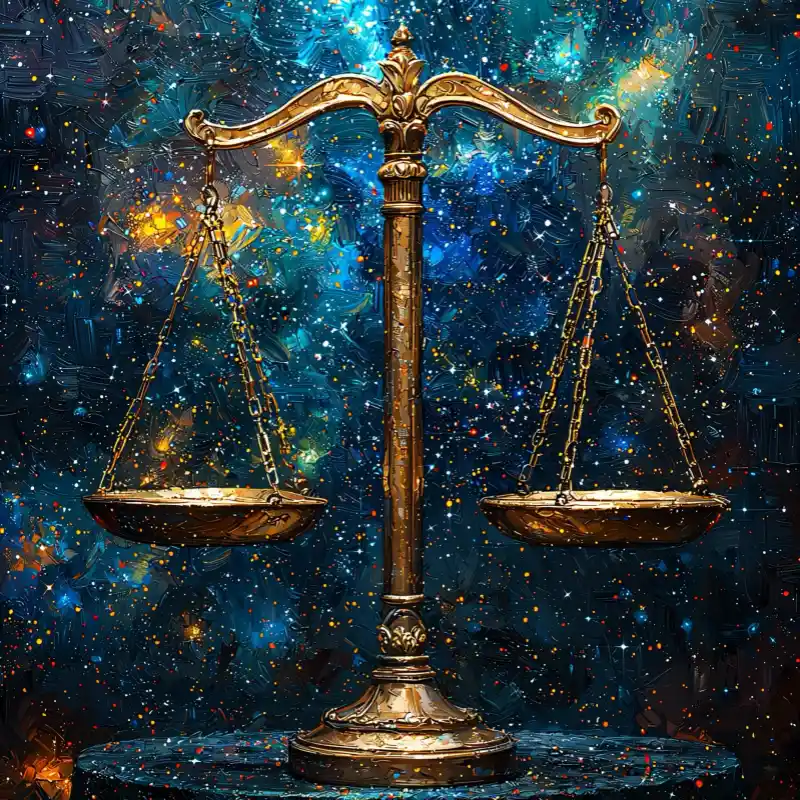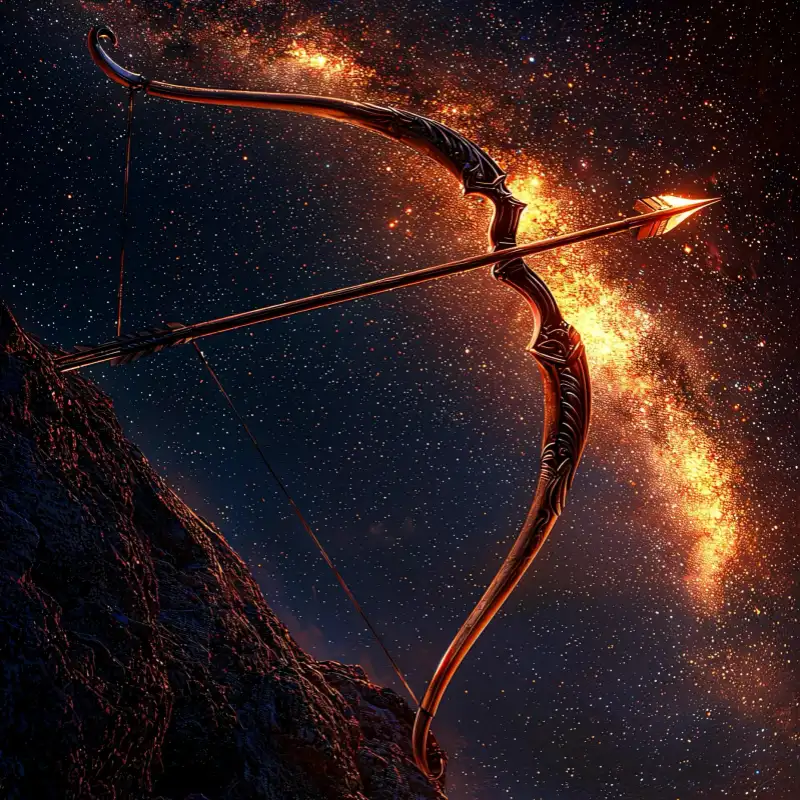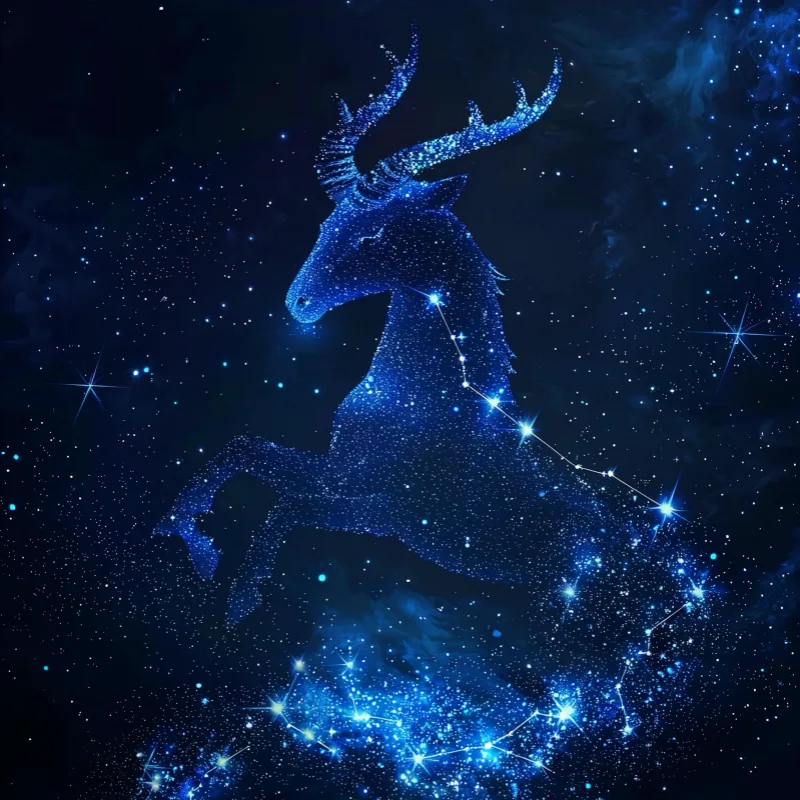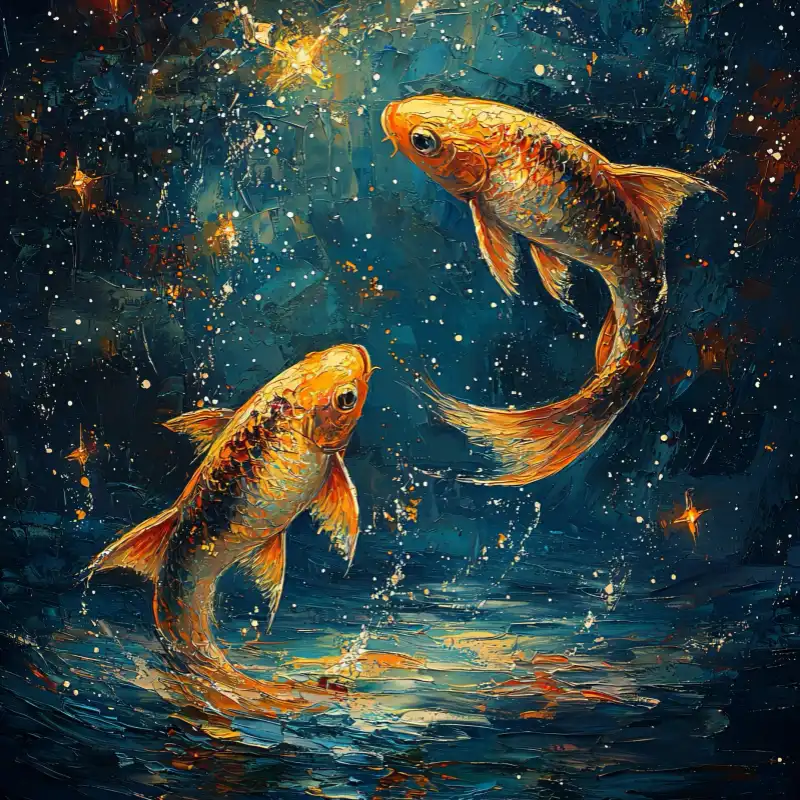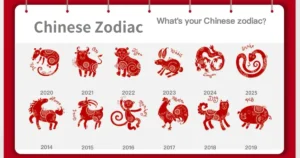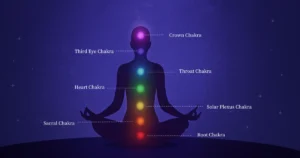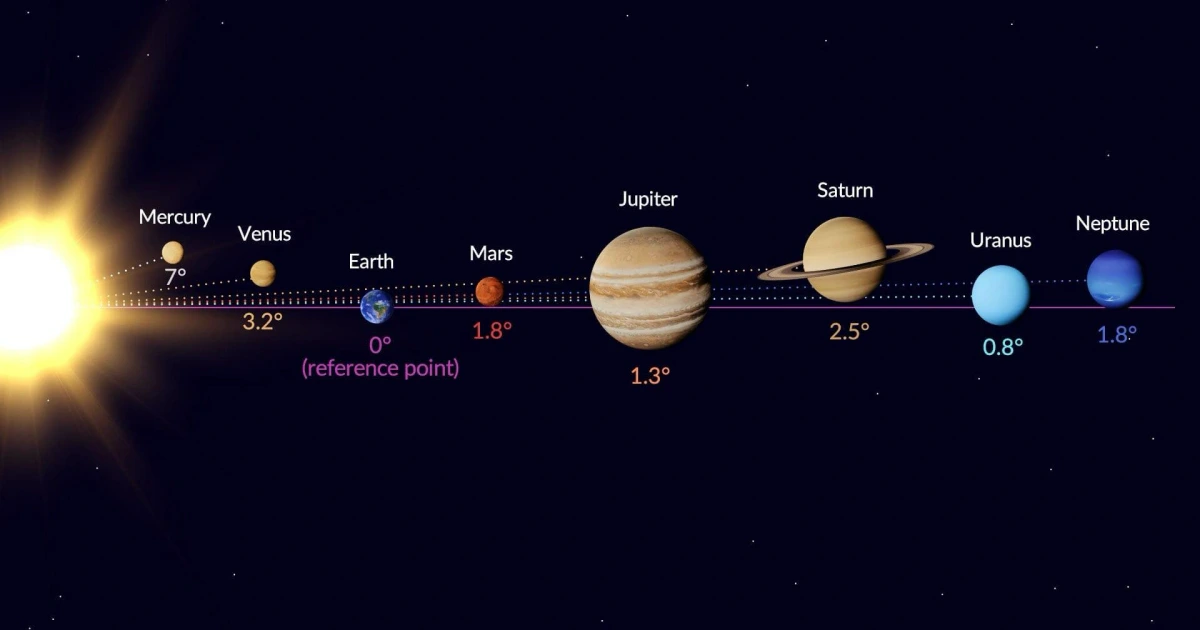
What Is Astrology? From Signs & Elements to Your Love Destiny
Astrology is more than just your daily horoscope; it’s a centuries-old system for understanding personality, destiny, and the cosmos. In this in-depth guide, we’ll explore the core of astrology, the significance of zodiac signs, the four elements in astrology, and how this ancient belief system still shapes our lives today.
What Is Astrology?
Astrology is rooted in ancient civilizations such as Babylon, Greece, and China. Simply put, astrology is a discipline that interprets the relationship between celestial bodies (like the Sun, Moon, and planets) and human behavior, personality traits, and life events by observing their positions and movements. Its core principle is that the universe is an interconnected whole, and the movements of celestial bodies are believed to “mirror” human experiences—like a cosmic reflection of our inner world and the path of our destiny.
So, how does astrology work? When a person is born, the specific arrangement of celestial bodies in the sky forms a unique “birth chart.” This chart is considered a blueprint of one’s life. The positions of the zodiac signs, planetary aspects, and other details in the chart are used by astrologers to interpret a person’s personality tendencies, hidden potentials, and even the challenges they may face in the future. What we commonly refer to as a “horoscope” is a general forecast based on the position of the Sun at the time of birth, offering short-term trends for people of each zodiac sign.
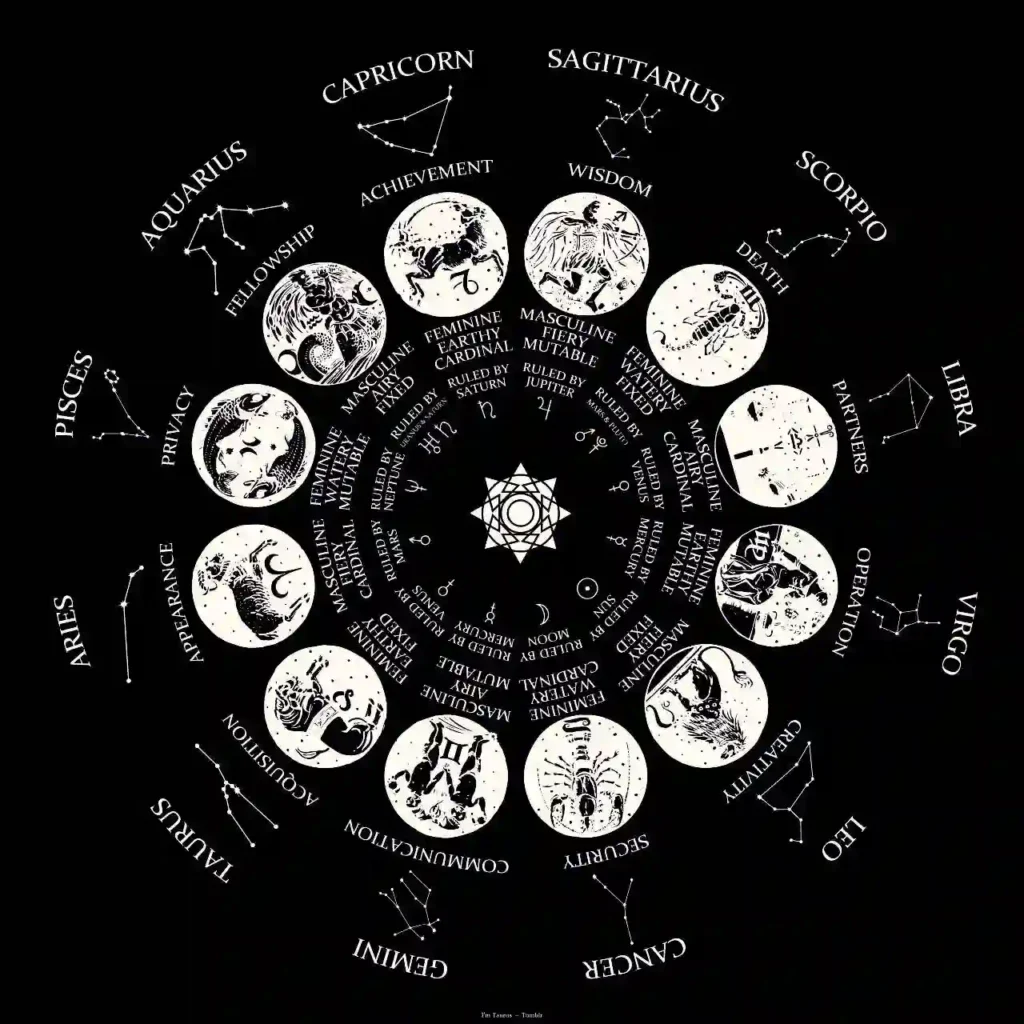
The Meanings and Characteristics of Zodiac Symbols in Astrology
In astrology, the twelve zodiac signs serve as a fundamental framework for understanding personality and behavioral patterns. Each sign originates from the Sun’s path along the ecliptic and carries deep symbolic meaning. These symbols not only reflect ancient observations of the cosmos but also embody a profound interpretation and classification of human nature.
Every zodiac sign has unique personality traits and is influenced by a ruling planet and one of the four classical elements—Fire, Earth, Air, or Water. Gaining insight into the meanings behind these symbols can help us better understand ourselves, recognize our innate strengths, and navigate our personal growth.
Click on the zodiac sign below to explore its meaning and horoscope.
The Four Elements in Astrology
The Four Elements in Astrology: Foundations of Personality and Energy
In Western astrology, the twelve zodiac signs are grouped into four elemental categories—Fire, Earth, Air, and Water. These elements are the building blocks of life and represent the fundamental energies that shape human behavior, emotion, and interaction. Each element carries distinct qualities, influencing how individuals express themselves, relate to others, and respond to the world. Understanding the elemental nature of your sign offers profound insights into your core instincts, strengths, and challenges. Let’s explore how each element infuses the zodiac with its unique energy.
🔥 Fire Signs
Fire signs are passionate, dynamic, and full of energy. They are natural leaders who thrive on action, adventure, and inspiration. Though sometimes impulsive, their enthusiasm is contagious. Fire signs include: Aries, Leo, and Sagittarius.
🌍 Earth Signs
Earth signs are grounded, practical, and reliable. They value stability, security, and tangible results. Often seen as the most dependable of the zodiac, they approach life with patience and diligence. Earth signs include: Taurus, Virgo, and Capricorn.
🌬️ Air Signs
Air signs are intellectual, communicative, and curious. They thrive on ideas, social connections, and mental stimulation. Known for their wit and objectivity, they often bring fresh perspectives to any situation. Air signs include: Gemini, Libra, and Aquarius.
🌊 Water Signs
Water signs are deeply emotional and highly intuitive. Like the ocean, they can be calm or stormy, but always profound. They seek deep emotional bonds and are nurturing, empathetic, and protective of their loved ones. Water signs include: Cancer, Scorpio, and Pisces.
Zodiac Love Compatibility and Matchmaking
Love is one of the most captivating aspects of astrology. By examining the zodiac signs, we can gain valuable insight into romantic compatibility—the harmony, tension, and chemistry between two people. Each sign carries its own emotional language, values, and approach to relationships. When two signs come together, their elemental traits, modalities, and ruling planets interact in ways that can spark passion, challenge, or deep understanding. This section explores how different zodiac signs pair in love, helping you discover who might bring out your best—or test your patience—in matters of the heart.
Curious about your cosmic connection? Use our Zodiac Love Compatibility Calculator below to discover your perfect match!
💞 Best Match:
Zodiac pairs with complementary personalities and shared values, offering mutual support and encouragement — ideal for long-term relationships.
⚠️ Bad Matches:
Zodiac pairs with frequent conflicts and communication challenges, prone to misunderstandings and disagreements — requiring extra patience and understanding.
Zodiac Love Compatibility Calculator
A Comparison Between Western Astrology and Chinese Astrology
Astrology has taken distinct paths across cultures, each developing unique systems to interpret the influence of celestial bodies on human life. Western astrology is based on the movement of the sun, moon, and planets through the twelve zodiac signs along the ecliptic, focusing on birth charts and planetary alignments. In contrast, Chinese astrology draws from lunar cycles, the twelve animal zodiac signs, the Five Elements, and the yin-yang duality, placing greater emphasis on a person’s birth year, month, day, and hour. While both traditions aim to reveal personality traits and life paths, their methodologies, symbols, and philosophies differ greatly—yet often lead to complementary insights.
Western Astrology:
Western astrology is based on the twelve zodiac signs, derived from the constellations along the ecliptic path of the Sun. It emphasizes planetary alignments at the moment of birth, using a birth chart (natal chart) that maps the positions of the sun, moon, and planets. Each zodiac sign in Western astrology corresponds to specific personality traits and life themes, influenced by astrological elements (fire, earth, air, water) and ruling planets.
Chinese Astrology:
Chinese astrology is deeply rooted in traditional astronomy and closely linked to the development of celestial studies during the Han Dynasty. The Chinese Zodiac, consisting of twelve animals — Rat, Ox, Tiger, Rabbit, Dragon, Snake, Horse, Goat, Monkey, Rooster, Dog, and Pig — is recognized as one of the oldest astrological systems in the world. In Chinese belief, a person’s birth year is associated with one of these animals, each symbolizing specific personality traits and tendencies.
Beyond the Zodiac animals, Chinese astrology also incorporates the Five Elements (Wood, Fire, Earth, Metal, Water), the concept of Yin and Yang, and even the hour, day, and month of birth — known as the “Four Pillars.” These elements interact with the twelve zodiac signs to shape an individual’s destiny. It is believed that a person’s fate is influenced by the positions of celestial bodies at the time of birth, including the sun and moon. According to this ancient system, one’s birth year not only reflects their personality but also impacts their life path and potential.
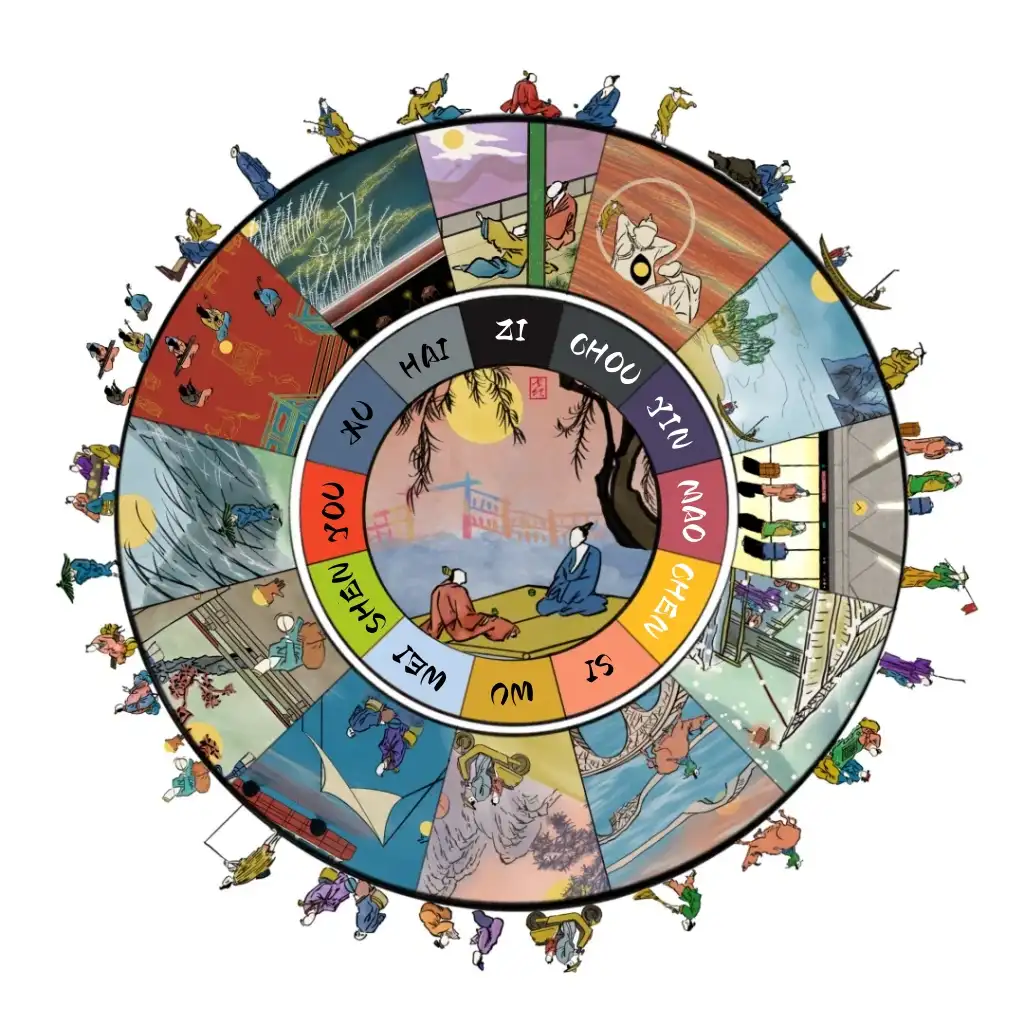
Key Differences:
| Aspect | Western Astrology | Chinese Astrology |
|---|---|---|
| Signs | 12 zodiac signs (monthly) | 12 animal signs (yearly) |
| Basis | Solar system and planetary positions | Lunar calendar and elemental cycles |
| Elements | Fire, Earth, Air, Water | Wood, Fire, Earth, Metal, Water |
| Chart System | Birth/natal chart | Four Pillars of Destiny |
| Focus | Personality, growth, psychological themes | Destiny, fortune, compatibility, timing of events |
Why do we believe in astrology
Although astrology is not a religion, it offers comfort, faith, and a deeper understanding of the universe and ourselves. Many people turn to astrological interpretations not only for answers about the future but also to find clarity in the present. This psychological and emotional connection is one of the main reasons why we believe in astrology.
One core astrology meaning lies in its ability to provide guidance. Life often feels chaotic and random, but astrology teaches that there are no coincidences. The positions of the planets, the moon, and the stars during the time of our birth are thought to reflect patterns and potentials in our lives. When we examine our astrology birth chart, it’s like looking into a personal mirror—one that reveals our strengths, challenges, and hidden truths.
Astrology helps us interpret why certain things happen and offers insight on how to move forward. Whether you’re seeking direction in your career, relationships, or inner self, the zodiac offers a structured system of understanding. Through this lens, the zodiac signs help explain who we are and how we relate to others. They provide language and symbolism to what we may feel deep inside but cannot express.
Many people feel a sense of emotional relief or excitement after reading their zodiac sign predictions or having their chart analyzed. It’s not because the astrologer can predict the future with complete certainty, but because the process brings meaning and coherence to one’s experiences. This insight can feel profoundly empowering.
Despite scientific skepticism, astrology continues to thrive. One reason is its long historical lineage—ancient civilizations relied on celestial patterns to understand human behavior. We are naturally drawn to systems that help us make sense of our identity, relationships, and purpose. Why do we believe in astrology? Because it gives us hope and tools to navigate life’s complexity.
Astrology also touches our desire for self-discovery. Our zodiac sign isn’t just a label—it’s a reflection of our potential. Whether you’re a fiery Aries or a thoughtful Virgo, your sign offers insights into your character and tendencies. Through zodiac compatibility, many find ways to improve romantic and familial relationships, knowing which signs align well and which might require extra understanding.
Moreover, astrology doesn’t stop at personality—it helps people decide career paths, lifestyle changes, and even relocation. With relocation astrology (a technique using your birth chart and geographical data), it’s said you can discover where on Earth your potential for love, success, or spiritual growth is strongest.
Ultimately, we believe in astrology because it speaks to the most personal part of us—our story. Your astrology birth chart is as unique as your fingerprint, offering a map drawn at the moment of your birth. Every planet, every aspect tells a story about who you are and what you might become.
In a world full of uncertainty, astrology offers structure, meaning, and hope. That’s why, for millions around the world, checking their horoscope or consulting their natal chart is not superstition—it’s self-care.

